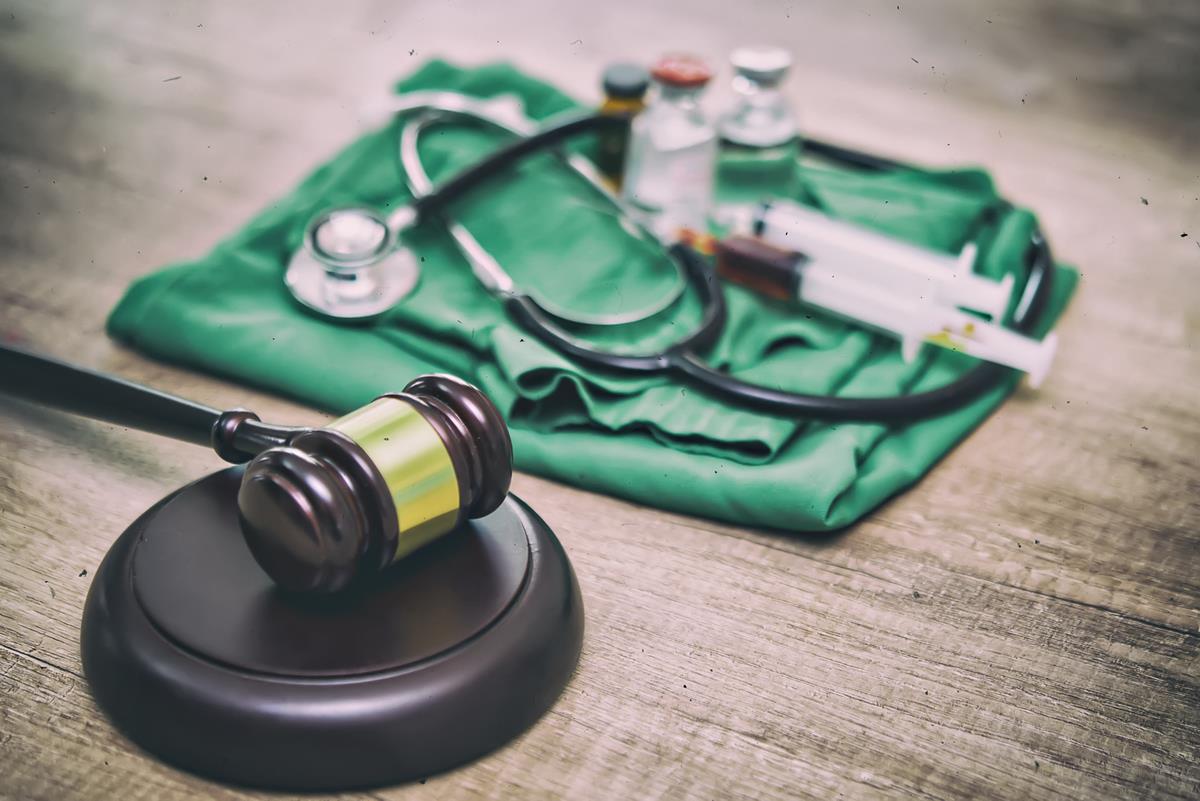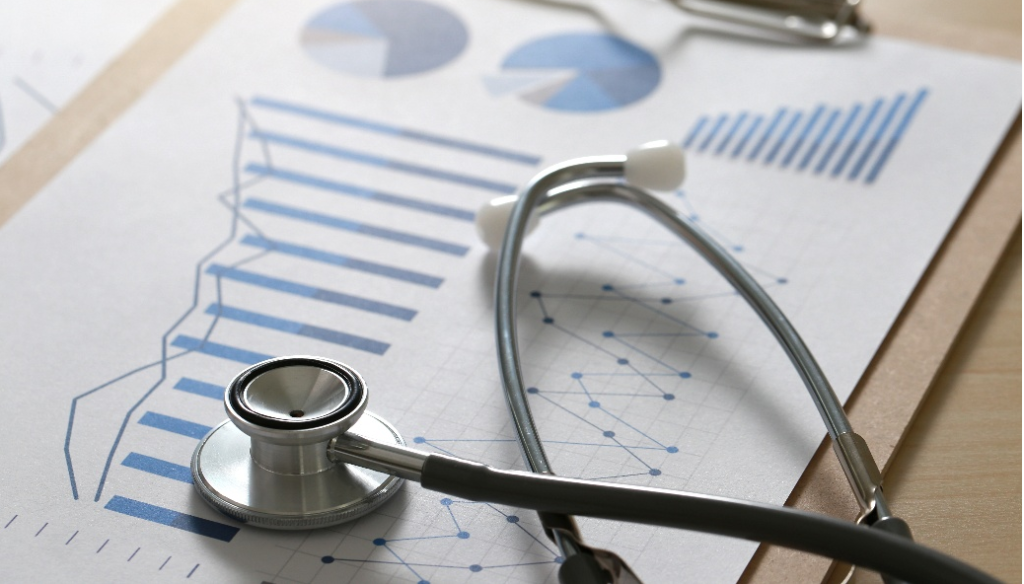Medication errors have been a troubling issue in the healthcare system for a long time now, compromising patient safety and inflating the already rather intense financial burdens on healthcare systems. Thankfully, as technology evolves, medication error prevention becomes more sophisticated and far fewer errors are being made today than they were even a decade ago as a result.
Here, we’ll be delving into the innovative technologies and strategies that will help shape the future of medication error prevention in the UK.
The Current State of Medication Errors
Medication errors are still a pressing concern in the UK. A report from The Guardian revealed that almost 6,000 people were harmed by prescription errors in the NHS last year alone. These errors not only jeopardize patient safety but also exert immense financial strain on healthcare institutions. It underscores the dire need for innovative measures to tackle this critical issue.
Artificial Intelligence and Machine Learning
Artificial Intelligence (AI) and Machine Learning have ushered in a transformative phase in the healthcare sector. These technologies are being adapted to scrutinise vast amounts of patient data, thus predicting potential medication errors. For instance, predictive algorithms can identify patients at risk of drug interactions or allergies, ensuring safe prescriptions.
Robotics and Pharmacy Automation
Robotics has entered the realm of pharmacy, bringing in an array of sophisticated automation systems that help manage medications. These systems not only ensure precision in drug dispensing but also optimise inventory management, mitigating the risk of medication errors. Automated systems can store, retrieve, and package medications, ensuring that the right medication reaches the right patient at the right time.
Blockchain for Medication Traceability
Blockchain, while often associated with cryptocurrencies, has played a pivotal role in revolutionising medication traceability and supply chain management. The decentralized nature of blockchain ensures a transparent tracking mechanism for medications, ensuring their authenticity and reducing the risk of counterfeit drugs entering the supply chain.
The Future Landscape of Medication Error Prevention
As we cast our gaze towards the future, emerging technologies such as nanomedicine and advanced sensors hold great potential in enhancing safer medication. Nanomedicine, for instance, could allow for more targeted drug delivery, reducing the risks of adverse drug reactions. Advanced sensors might monitor patient vital signs in real-time, alerting healthcare providers of any potential drug complications.
Challenges and Ethical Considerations
With the adoption of these groundbreaking technologies, there arise challenges and ethical considerations to navigate. These include ensuring that AI and machine learning models are unbiased, protecting patient data privacy, and ensuring that the introduction of robotics does not diminish the human touch in healthcare.

Telemedicine and Remote Monitoring
In the pursuit of minimizing medication errors through technological innovations, it’s also crucial to leverage advanced tools for medical transcription, which help to accurately translate and document patient information and drug prescriptions. These tools not only enhance data quality but also play a significant role in preventing potential medication mishaps by providing clear and precise transcriptions.
In addition to these technological advancements, telemedicine and remote monitoring are poised to play a pivotal role in preventing medication errors in the future. With the rise of telehealth services, healthcare providers can now closely monitor patients’ medication adherence and responses to treatment from a distance. Patients can receive virtual consultations and guidance, reducing the likelihood of misunderstandings or improper medication use. Remote monitoring devices, such as wearable sensors and smart pill dispensers, enable real-time tracking of patient health, ensuring that healthcare providers can intervene promptly in case of any irregularities. These innovations bridge the gap between patients and healthcare professionals, fostering better communication and personalized care.
As we advance into this era of healthcare transformation, it is essential to recognize that medication error prevention is not solely reliant on technology but also on the collaboration between healthcare professionals, patients, and innovative solutions. Together, these elements promise a brighter, safer future for patients everywhere, where the risk of medication errors is minimized, and the quality of care is maximized.
In conclusion, while the journey to eradicating medication errors is going to be a long and arduous one, the tools and technologies emerging promise a brighter, safer future for patients everywhere. As these systems become integral to healthcare, the potential for human error diminishes, ushering in an era of enhanced patient safety and care quality.

